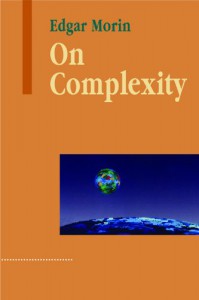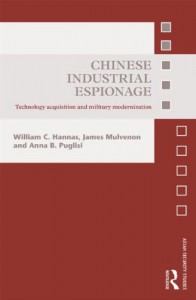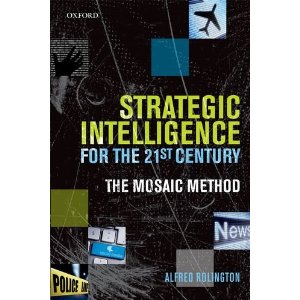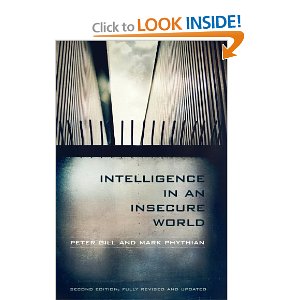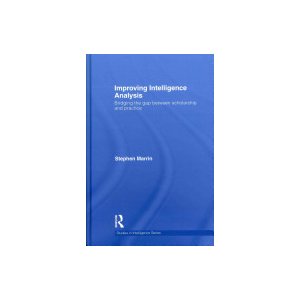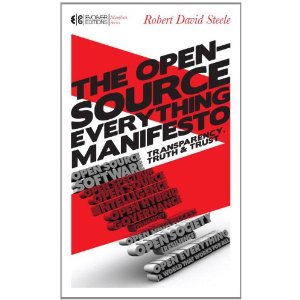
Wayne Michael Hall and Gary Citrenbaum
4.0 out of 5 stars Utterly Brilliant, Mind-Glazing, 440 Pages of Straight Text, December 2, 2013
You could read this book a hundred times and learn something new every time. I have taken off one star because the book is too dense by far, with not a single graphic, table, or highlighted anything. 441 pages, pure text. What needs to happen, plain and simple, is a complete do-over — this book needs to go to 500 pages at least, with 60 added graphics, tables, or lists.
What I love most about this book, and its companion, Intelligence Collection: How to Plan and Execute Intelligence Collection in Complex Environments (Praeger Security International) are the following two attributes:
01: Among all the books I have read on intelligence, these two books are among the most detailed, structured, critical, and relevant I have read. Both books share the same flaws, flaws that superior editing and a graphics team could easily fix for a second edition, which I would strongly recommend. BEFORE the books go to paperback, they need to be redone. As they are now, the books are too overwhelming for 98% of those who might otherwise benefit.
02 Buried within each chapter are absolute gems of blood-letting romping stomping criticism of the US Intelligence Community at every level (tactical to strategic) across every mission area. This book is startling in its depth and breadth of understanding. The authors are articulate but dense, and I dearly hope they will redo both books to make them more accessible to the vastly larger audience that needs this level of detail, but served up as a quiver of “open” chapters instead of one really dense baseball bat that clubs you to death with compounded words.
Although I am troubled by the book's lack of a holistic analytic model, its lack of any reference to true cost economics, and its general avoidance of any discussion of the complexity of the customers for intelligence in the aggregate (the focuses on individual commanders and their needs, not on Whole of Government or Multinational or Eight Tribe collection and analytics), I whole-heartedly recommend this book for every library on intelligence (decision-support), and I sincerely hope the authors will re-do both books to open them up — more graphics, more white space.
Below, for this particular book, I list the chapter headings that are a Master's course in advanced analytics:
Continue reading “Review: Intelligence Analysis – How to Think in Complex Environments”

